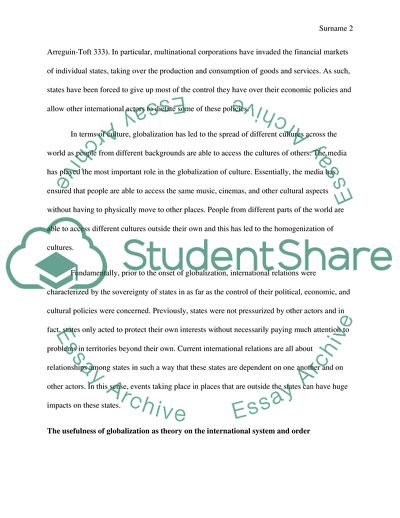Cite this document
(Role of Globalization in International Terrorism Essay Example | Topics and Well Written Essays - 1750 words, n.d.)
Role of Globalization in International Terrorism Essay Example | Topics and Well Written Essays - 1750 words. https://studentshare.org/social-science/1873180-terrorism-and-world-order
Role of Globalization in International Terrorism Essay Example | Topics and Well Written Essays - 1750 words. https://studentshare.org/social-science/1873180-terrorism-and-world-order
(Role of Globalization in International Terrorism Essay Example | Topics and Well Written Essays - 1750 Words)
Role of Globalization in International Terrorism Essay Example | Topics and Well Written Essays - 1750 Words. https://studentshare.org/social-science/1873180-terrorism-and-world-order.
Role of Globalization in International Terrorism Essay Example | Topics and Well Written Essays - 1750 Words. https://studentshare.org/social-science/1873180-terrorism-and-world-order.
“Role of Globalization in International Terrorism Essay Example | Topics and Well Written Essays - 1750 Words”. https://studentshare.org/social-science/1873180-terrorism-and-world-order.


